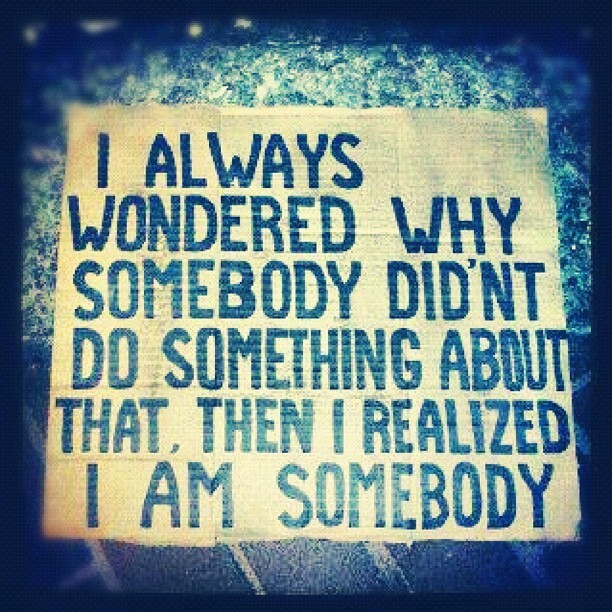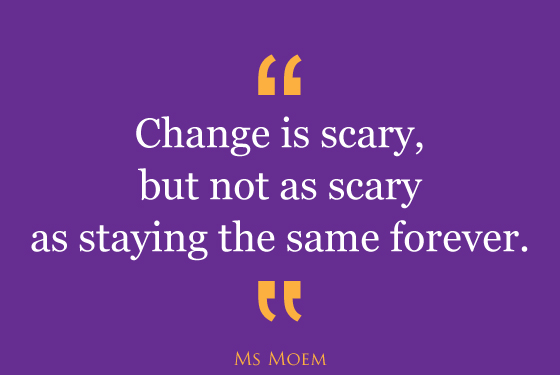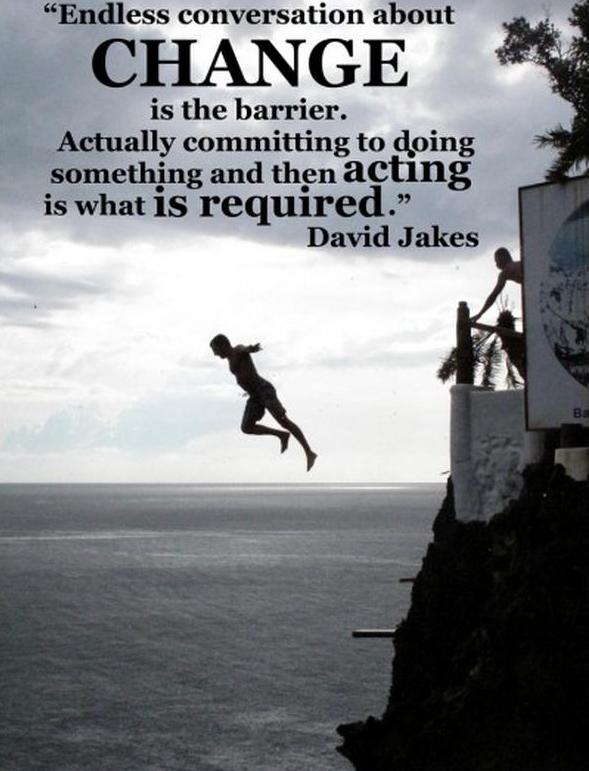I fundamentally believe the major failure of public education is that we have consistently and continually told students what to learn and how to learn it without consideration for their own personal talents and passions. For most, the fundamental purpose of schooling is to create productive members of society. And while that is an important goal, it is considerably limiting. It is limiting because the transaction of school is continuously one-sided and the focus is on what we want instead of what is best for one another. It is also limiting because if we afforded students the latitude to learn as they needed, about what they wanted, and focused on learning about the things they were most passionate about, we would be developing more productive members of society anyway. This is the same argument about achievement and learning. When we allow achievement to be the measurable goal, we are ignoring the greater potential of learning. When our students are master learners, we will see measurable growth through just about every metric.



As adults, despite being successful, we often are not afforded the time and space to follow our passions. Our careers, family, and life circumstances become our primary focuses. And the resentment of not being able to do the things we love may manifest in statements to our kids and students such as "life isn't always about fun and games" or "You can't always do what you want" (Thank you Rolling Stones!) But what if we changed our message? What if our schools were built around passion?



What if we were passionate about passion?







